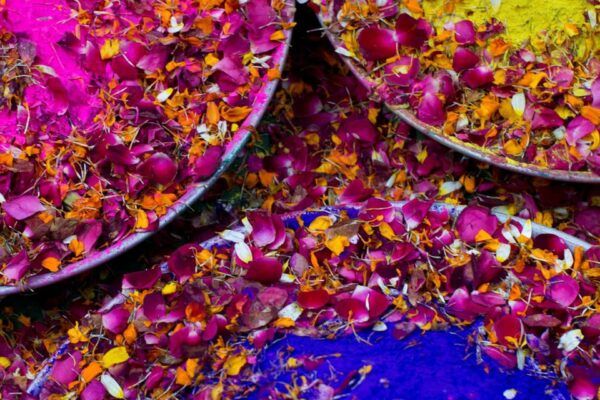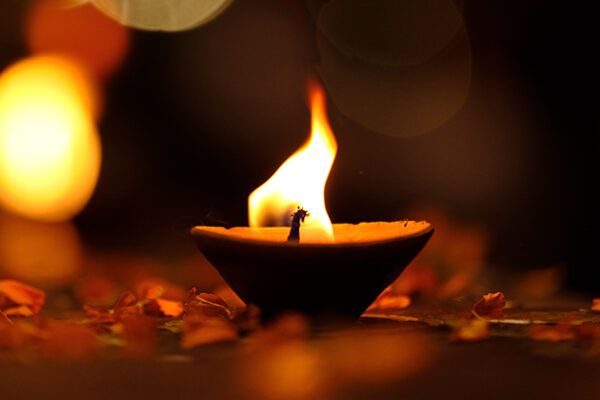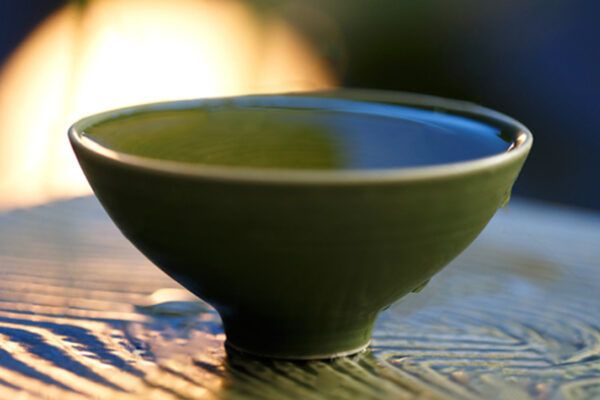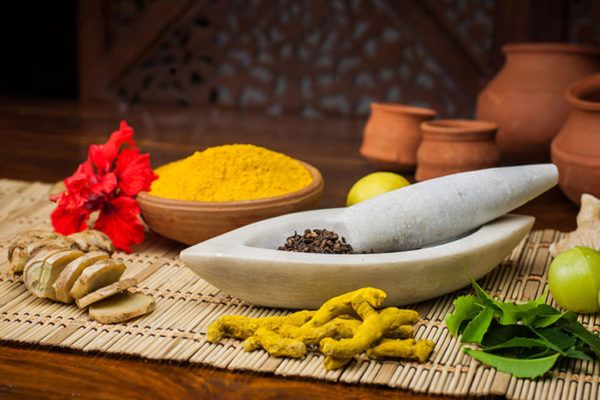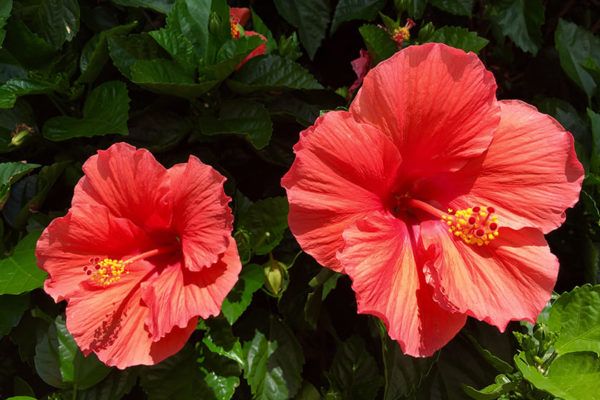“A gift is pure when it is given from the heart to the right person at the right time and at the right place, and when we expect nothing in return.”
– The Bhagavad Gita
HISTORY OF GIFTING IN INDIA
Earlier known as dāna, gifting culture in India has always been profound. In religious texts, dāna was considered essential- a great responsibility as a practice of dharma. At the feet of dharma lay the four concepts: knowledge, gift, penance and truth. The gifts given by kings were known as mahādānani.
Soon royal gifting was accorded immense importance and had become part of rājadharma. Later, it continued as a living belief and was practiced in ancient and medieval periods by Hindu kings, and then handed down to us. Not much has changed in today’s day and age. The act of gifting continues its legacy by being a gesture that creates bonds and establishes relationships of love and care.
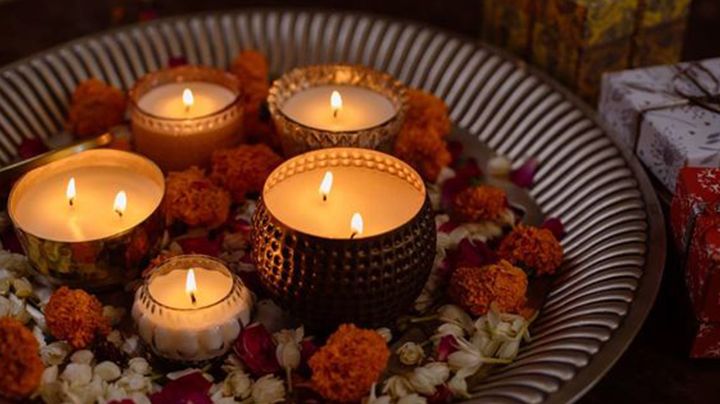
TRADITIONS OF GIFTING
With a culture so rich and diverse, everyone has their gifting ideas and traditions and finds their own unique touch to make it special. Lessons such as never wrapping a gift in black or filling up the bowl with delectable treats before you return it. These are traditions that we all know but few understand the significance of. Read on as we delve deeper into the importance of gifting and its auspiciousness.
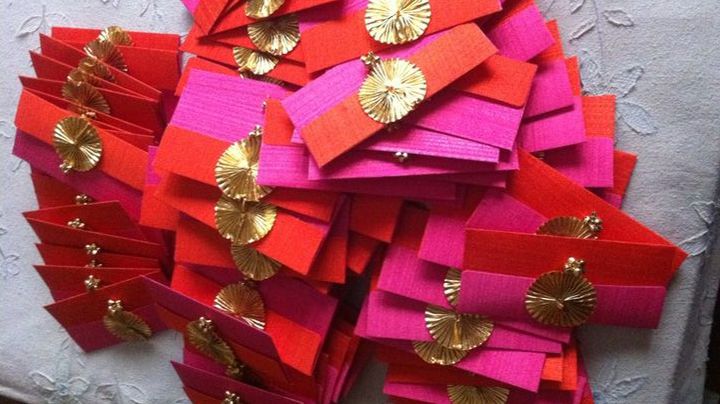
The Extra Rupee
A small amount with rich significance…
Those one-rupee coins we see pasted on bright envelopes aren’t meant for decoration but to denote abundance. It makes the gift indivisible, symbolizing infinite and continuous blessings.

Dry Fruits & Honey
Honey is one of the five ingredients of Panchamrita (also known as Amrit) that is offered to the gods whilst doing Puja by Hindus. In Indian mythology, all the ingredients of Panchamrita have special benefits and honey is used for its antibacterial properties. Dry fruits, on the other hand, make for a thoughtful gift as they signify good health and prosperity.

Wrapping In Bright Colours
It is believed that wrapping a gift in black overshadows the gesture of gifting and invites terrible luck. Encasing the gift in vibrant hues suggest appreciation, thoughtfulness, and respect. A gold-foiled paper brightens the packaging and delights the receiver of the present, while dark shades like black should be avoided, as they are considered inauspicious.
Bowl Full Of Happiness
Have you ever wondered why your mother lovingly admonished you never to return an empty vessel? It is wisdom passed through the ages…
Filling an empty bowl whilst returning it with treats one can relish not only initiates an everlasting trail of love and care but also nurtures the relationship into a long-lasting one.
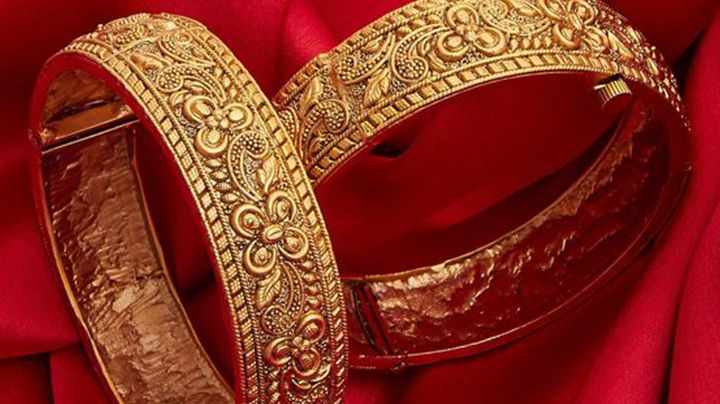
Gift Of Gold
Gold bars, coins, and gold jewelry are bought, worn and gifted on Akshaya Tritiya to symbolize endless good fortune. Gold is also seen as a status and wealth symbol, while Gold jewelry is also considered an heirloom that can be passed down from one generation to another, as a gift. Its value is only further propelled as this metal has extremely auspicious connotations.
Fragrances and Memories
Fragrances are associated with evoking a sense of nostalgia as they always take us back in time to relieve memories and experiences. These reflect our personal preferences, and perfume as a gift, is certainly one of the most thoughtful gifts as it stresses upon the idea how well you know receiver!
The intricacy of gifting for Indian occasions lies in the thought behind it and how beautifully it has been presented. We at Forest Essentials, believe that the present should be wrapped as beautifully as the gift inside it. Explore the new festive gifting collection catalog and order now.



